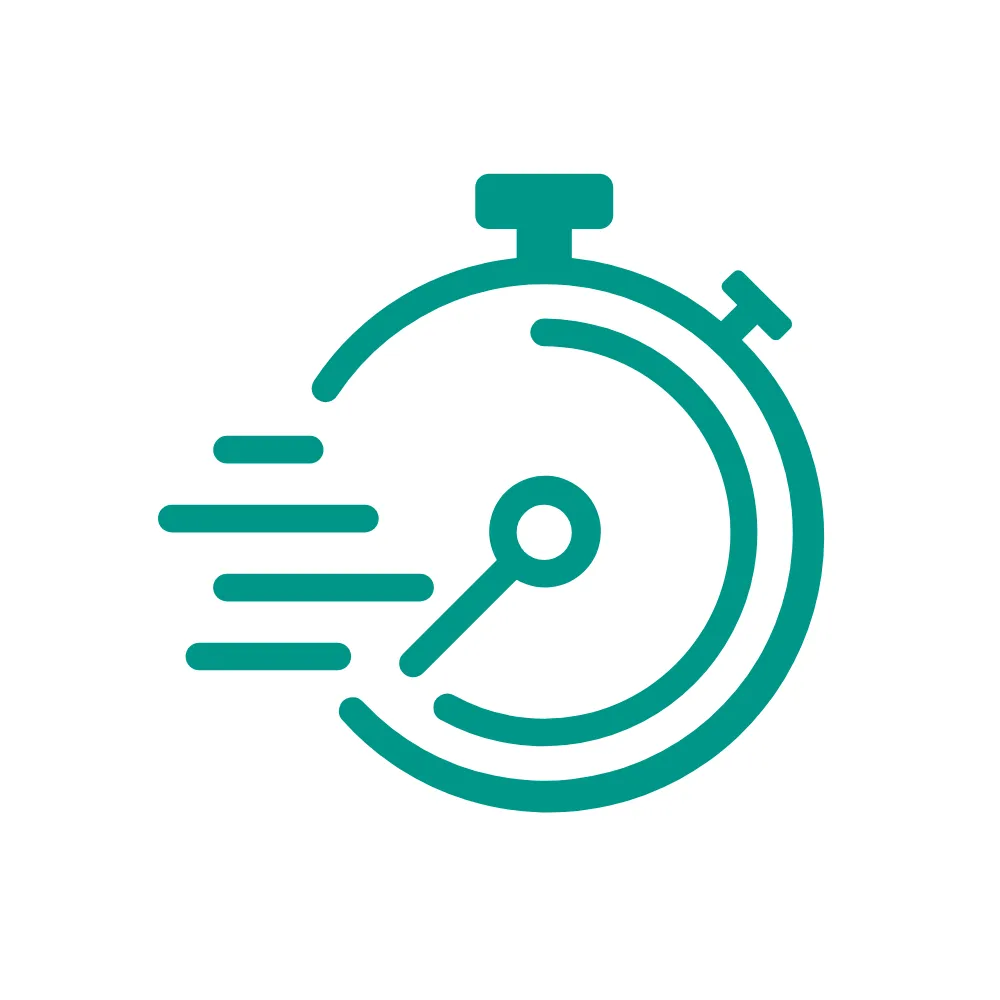Tests For Abnormal heart rhythms in Pune
A list of lab tests and other self-help tools for Abnormal heart rhythms in Pune
What is Abnormal heart rhythms
Abnormal heart rhythms, also known as arrhythmias, are problems with the speed or rhythm of the heartbeat.
List of Lab Tests For Abnormal heart rhythms
- Electrocardiogram (ECG)
- Urine Catecholamines 24 hours
- Cardiac biomarkers (troponin, NT-proBNP, CK-MB, myoglobin)
- CBC-Complete Blood Count
- Thyroid Profile | T4,T4,TSH
- Electrolytes Test
- Magnesium Test
- CRP-C Reactive Protein (hsCRP)
- Serum Uric Acid Test
- Liver Function Tests
How will these tests help?
To help understand why you have abnormal heart rhythms, your doctor has ordered a group of tests. These tests are divided into two groups
The first group of tests includes the Electrocardiogram (ECG), Echocardiogram (ECHO), Cardiac biomarkers (troponin, NT-proBNP, CK-MB, myoglobin) and Complete Blood Count (CBC). These tests will help to measure the electrical activity of your heart, as well as the size and shape of your heart, and the proteins and biomarkers in your blood that can indicate cardiac health
The second group of tests includes Thyroid Stimulating Hormone (TSH), Serum Electrolytes (Sodium, Potassium, Chloride, Bicarbonate), Magnesium, C-Reactive Protein (CRP), Uric Acid, and Liver Function Tests. These tests will help to measure hormone levels, mineral levels, and liver health, as these can all affect your heart and cause abnormal heart rhythms, also known as arrhythmias
By conducting all of these tests, your doctor will be able to get a full picture of your cardiovascular health and determine what is causing your abnormal heart rhythms.
Book Tests for Abnormal heart rhythms in Pune
Pathofast offers Tests for Abnormal heart rhythms at our center in Manisha Terrace, Moledina Road, Pune, Camp, India
Our lab in Pune, is known for its exceptional hygiene, polite staff and quick reports
Our Pune Center, is located close to the railway station and the Swargate Central Bus Depot, as well as the new Metro Lines
Please choose an option below to proceed with your booking:
Self Test for Abnormal heart rhythms
Answer the following 3 questions to know whether you should get yourself investigated further

Result :
List of symptoms associated with Abnormal heart rhythms
-
 Shortness of breath
Shortness of breath
You may have noticed that it is becoming increasingly difficult to take a deep breath. You may have had difficulty breathing even when you are resting or not doing any strenuous activity.
-
 Palpitations
Palpitations
You may have felt a racing or irregular heartbeat, or you may have felt like your heart is skipping a beat. This may have been accompanied by a fluttering sensation in your chest.
-
 Fatigue
Fatigue
You may have felt more tired than usual, even after getting a good nights sleep. You may have also noticed that it takes a lot more effort to complete everyday tasks.
List of home remedies for Abnormal heart rhythms
Try these at home, only after consulting your doctor
-
 Exercise Regularly
Exercise Regularly
Regular exercise can help reduce the risk of abnormal heart rhythms by keeping your heart healthy and fit.
grade -
 Eat a Heart
Eat a Heart
Healthy Diet
grade -
 Reduce Stress
Reduce Stress
Stress can trigger abnormal heart rhythms, so reducing stress through relaxation techniques such as yoga, meditation, and deep breathing can help reduce the risk.
grade

